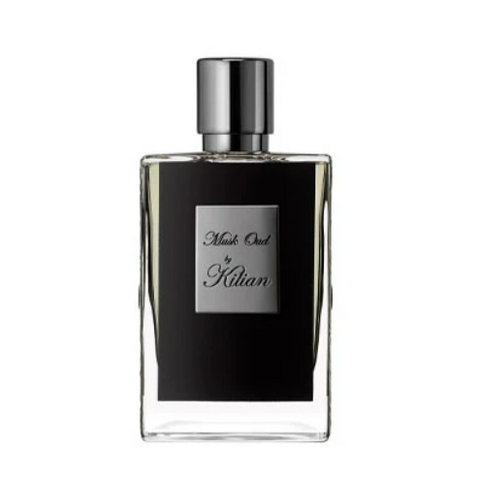Have you ever smelled a fragrance and thought to yourself, “this scent is powerful, it’s roaring, it feels like sex-in-a-bottle”...? If so, chances are that Musk was the central note in that fragrance. Musk is that raw and animalistic note that has made countless fragrances reach icon status. People love it because it calls out to others, and at the end of the day, we all wear fragrances to be more alluring. In the hands of a perfumer, Musk softens, balances, and adds staying power to the fragrances that they are creating. This is why it is such a popular ingredient in the fragrance world.
So now we get to the more interesting bit… where does Musk come from?

Well, the original musk came from a sex gland secretion from a specific species of deer, the Tibetan musk deer to be exact. This species became endangered from 1979, and is now a protected species. It took 140 musk deer to produce just one kilo of the ingredient needed to make perfume, so it is no surprise that this species dwindled. It continues to be a very rare ingredient in fragrances, but luckily, technology has opened the doors for fragrance creators to have more options when it comes to musk. It is expensive to re-create this scent using synthetics, but through scientific research and investment, many fragrance companies have come up with the perfect elixir.

The use of this particular ingredient goes way back. We can trace its origins all the way to the 6th century as it was brought from India by Greek explorers. Later, the Arabic and Byzantine perfumers (including one of history's most famous fragrance creators, famous Al-Kindi) perfected the art of capturing its aphrodisiac elements, and musk’s popularity spread throughout the Silk Road. Somewhere along the way, someone decided to try using this ingredient in perfume in it’s raw and original state. This is the way we know musk today, dry, nutty, woody, earthy, and even leather like.
It’s said that if you added drops of natural musk oil to a handkerchief, you’d still be able to smell it 40 years later.
Today, of course, it’s not the natural stuff that perfumers use, but a huge array of synthetic musks, ranging from sweet, powdery musks to almost metallic versions. Other ingredients, too, like extracts of ambrette seed, galbanum and angelica root – can also deliver a musky sensuality to a perfume.
Want to try some of our favorite Musky Perfumes on Scents Angel? Here are our top picks:







1 comment
I love ❤️ perfume cologne niche fragrance all my life since I can remember and getting to know it more as I get older am in love 🥰 with it I’m a collector and didn’t know it until last June during the world 🌍 shut down of COVID 19